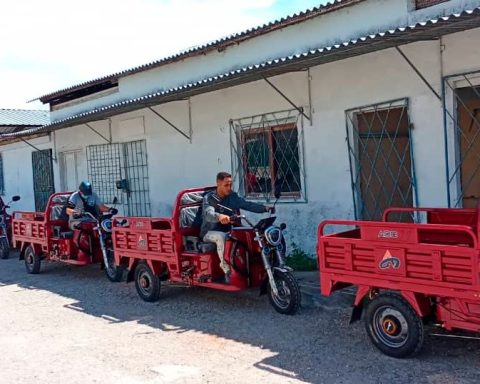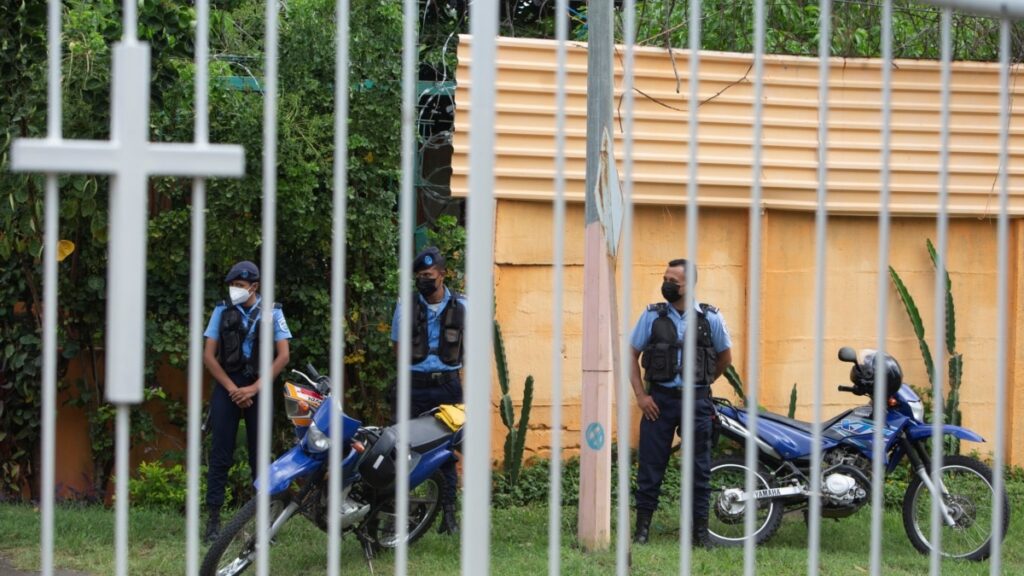The Congress of Chili approved this Tuesday to reduce the weekly working day from 45 to 40 hours, a decision that places that country and Ecuador as the two Latin American nations with the week of job more short.
The proposal, which received the green light in the Chamber of Deputies and was later unanimously favored in the Senate, establishes a gradual reduction in working hours over a period of five years, according to a report published by BBC Mundo on its website.
Approved the #40 hours! After many years adding support and dialogue, today we can finally celebrate the approval of this project that reduces working hours, a pro-family project that aims at the good living of all. pic.twitter.com/oIE0yiSkRp
—Gabriel Boric Font (@GabrielBoric) April 11, 2023
The scheme provides that one year after its application there will be 44 weekly working hours. After three years the limit will be 42 hours and after five years the minimum set will be reached, which is in line with the recommendations of the International Labor Organization (ILO).
The new law stipulates the possibility of working four days and resting three (unlike the current legislation, which requires a minimum of five working days). In addition, it contemplates the possibility of doing a maximum of five extra hours per week (today you can do up to 12 extra hours), the information specifies.
It also transpired that a special regime would be implemented for sectors that require extraordinary working hours, such as mining or transportation, in which days of up to 52 hours per week could be contemplated as long as they later have a greater number of days off to compensate. .
The new legislation makes Chile the second country in Latin America, after Ecuador, to approve the work week recommended by the ILO, the newspaper highlights.
The southern nation had reduced weekly working hours from 48 to 45 in a decision taken in 2005. However, data from January 2023 published by the ILO indicates that Chilean employees worked an average of 36.8 hours per week.
These statistics also point out that in the Latin American and Caribbean region the average hours worked per week is well below the limit established by law. The body estimates 39.9 hours, below the Arab countries (44.6 hours), those of Asia-Pacific (47.4 hours), East Asia (48.8 hours) and South Asia (49 hours), adds BBC Mundo.
On the other hand, it is greater than that of Western Europe (37.2 hours), North America (37.9) and Africa (38.8 hours) according to 2019 data compiled by the ILO and reviewed by the media.
The ILO approved its convention on the 40-hour work week in 1935 and established that a higher figure increased the number of accidents at work and health problems, without guaranteeing more productivity, since it led to greater worker fatigue.
















